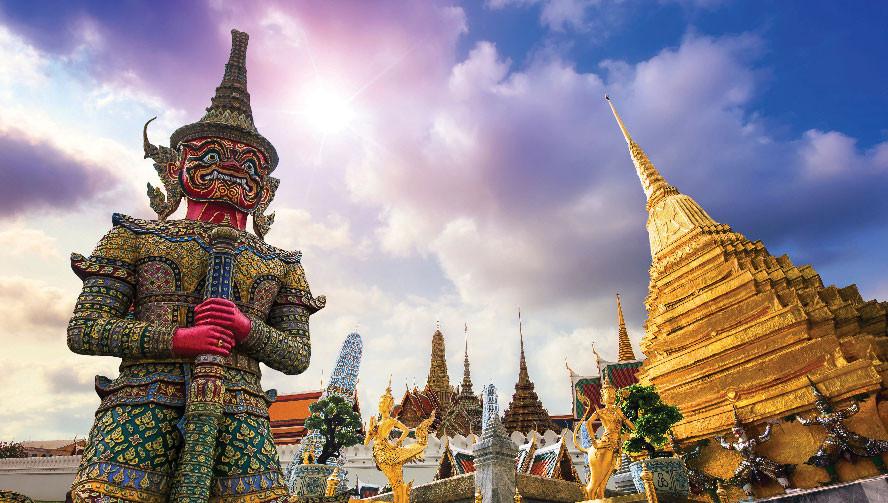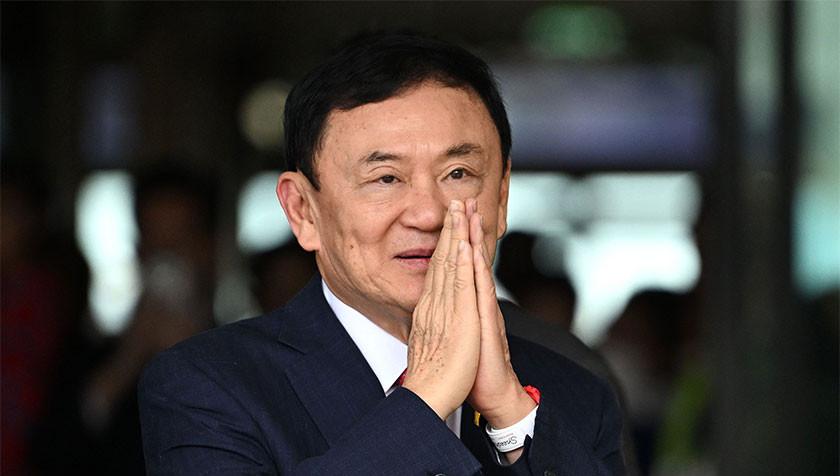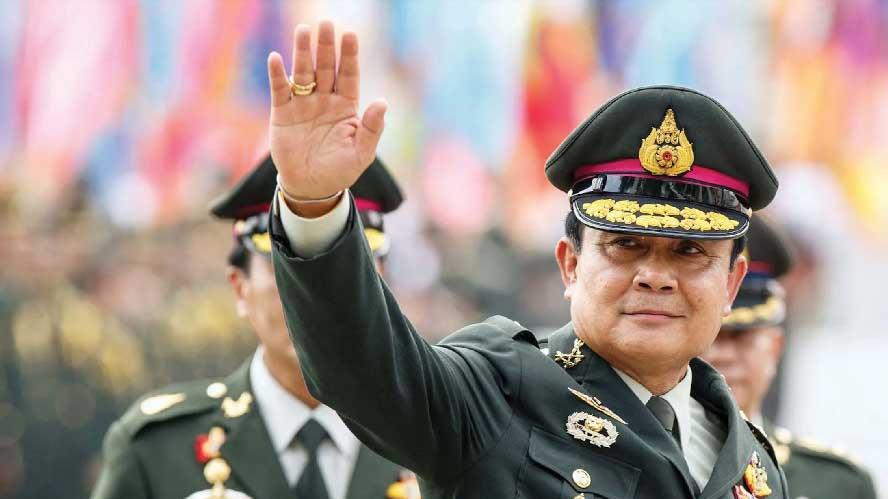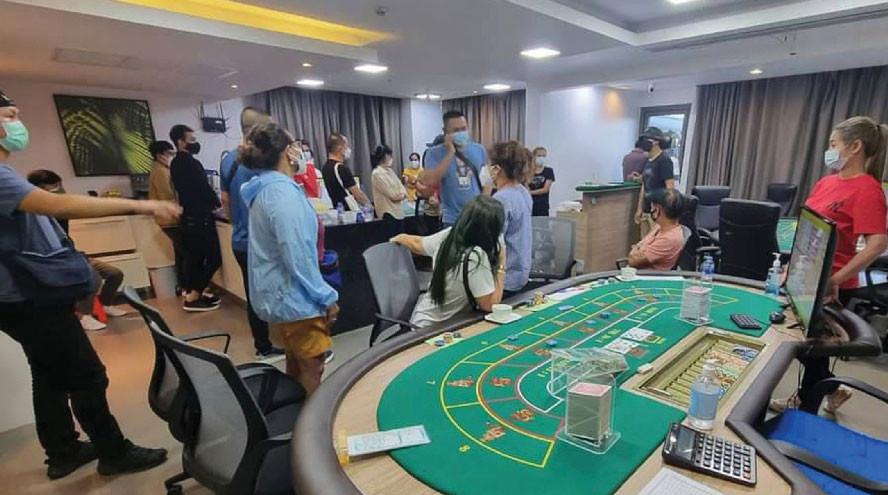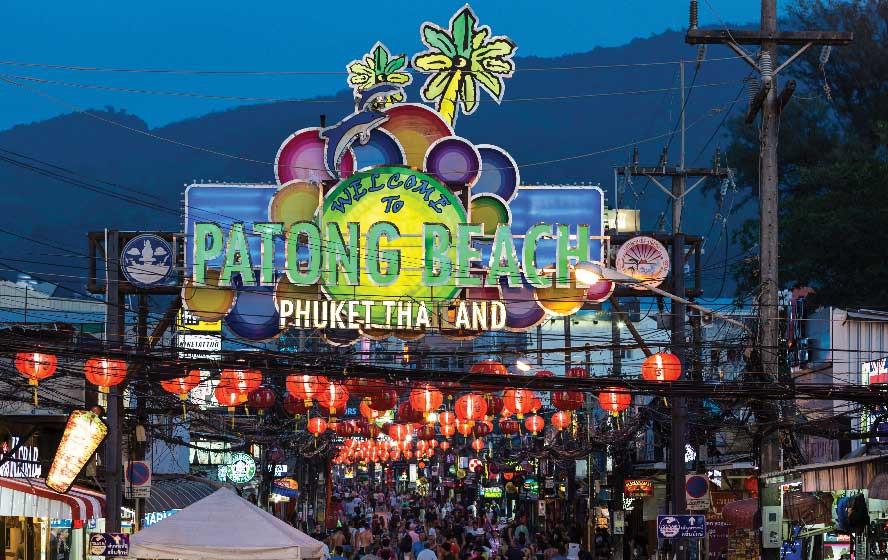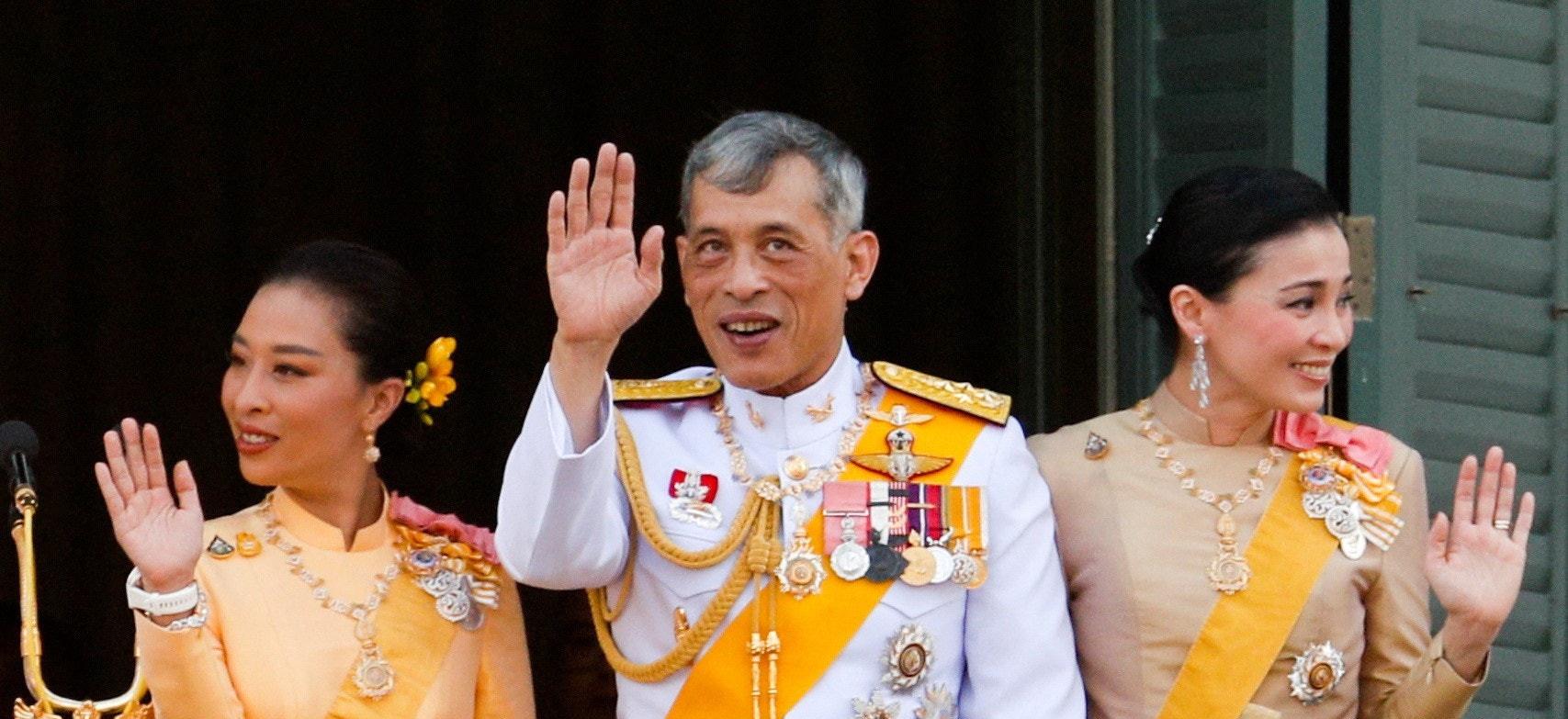Before this year, Thailand was the only ASEAN country without a legal casino, yet it maintained intricate ties with gambling.
With a population of nearly 70 million, it is estimated that up to half of the adult population engages in illegal gambling activities such as sports betting—with annual football betting alone amounting to 160 billion Thai Baht. Moreover, many major cities are dotted with underground casinos.
As a candidate for establishing a legal gambling industry, Thailand has always been seen as a country with great attraction and potential in gambling.
The absence of casinos in Thailand does not prevent its citizens from gambling. Thailand may not have casinos, but neighboring countries do.
Earlier, gambling industry experts indicated that there is a group of Thai gamblers who gamble abroad. Poipet in Cambodia is a clear example, where almost all customers are from Thailand.
In fact, gambling tendencies in Thailand trace back a long way.
In the early history of Thailand, there were various forms of traditional gambling such as cockfighting and horse racing, which held a place in the culture. By the 19th century, Thailand introduced an official lottery to increase government revenue.
There was even a time when Thailand had "government-run casinos."
It was not until 1935, when the Gambling Act was enacted, that most forms of gambling were prohibited, and Thailand returned to the anti-gambling ranks, allowing only the official lottery and horse racing.
The government believes that gambling leads to a series of social problems such as theft, drug trafficking, extortion, murder, becoming sex workers, and even suicide. This is also consistent with the Buddhist cultural tradition that opposes gambling.
However, despite strict laws, illegal gambling still exists, including underground casinos and online gambling, forming a vast illegal market.
Meanwhile, with the development of the internet, online gambling has also become increasingly common in Thailand.
Furthermore, although strictly prohibited by law, this does not mean that Thais do not like gambling. According to a nationwide survey by the Gambling Research Center of Chulalongkorn University, 76.3% of the population in Thailand has participated or is participating in gambling activities.
Over the past decades, almost every government has called for the establishment of casinos, but all attempts have ended without fruition.
In 2003, discussions about the legalization of casinos in Thailand began.
At that time, then-Prime Minister Thaksin met with representatives of MGM Mirage, not yet renamed as MGM Resorts International. Thaksin realized that amending the current Gambling Act 1935—which allowed gambling in a few specific activities such as horse racing, cockfighting, combat sports, and lotteries—and adding casinos to it, was a more realistic path of development.
That is to say, rather than completely blocking the path of gambling, it would be better to allow gambling to operate orderly within the legal framework.
Unfortunately, in 2006, a military coup occurred in Thailand, and Thaksin was ousted. This idea was also shelved.
Until 2008, the newly appointed Prime Minister Samak promised: if he could complete a four-year term, he would establish casinos in five major tourist centers—Pattaya, Phuket, Khon Kaen, Chiang Mai, and Hat Yai.
His idea was similar to Thaksin's, publicly stating the need to seriously study the establishment of legal casinos.
He said at the time: this way, illegal dens and private casinos would close. If people want to gamble, they can come here, so the police would not have to fight (illegal dens).
However, he only lasted four months before being ousted as well.
Another important point to note is that Thailand is a royal country, and the then King Bhumibol Adulyadej was always opposed to gambling. The king's attitude also had a significant influence.
In 2014, shortly after Prime Minister Prayut took leadership through a military coup, he began to crack down on underground casinos. At that time, it was reported that this action led to the closure of about eighty percent of underground casinos.
In 2015, as the Chief of Thai Police, Somyot, perhaps seeing another possibility between law enforcement and the ban on gambling, directly came forward to support the legalization of gambling. At that time, this topic stirred up quite a wave, but it still ended without further developments.
All kinds of illegal gambling are still thriving underground.
For a long time, in popular cities like Bangkok, Pattaya, Chiang Mai, and Phuket, there have already been numerous hidden underground casinos, with this gray industry's income flowing to a small group of people.
In 2021, the government discovered that there are still about 200 illegal gambling dens operating nationwide, with 47 of them in the Bangkok metropolitan area.
Moreover, during the pandemic, Thailand's tourism industry suffered a severe blow, incurring public debt equivalent to 58.3% of the GDP, which is not a small amount.
Thailand urgently needs to stimulate the economy and create more favorable competitive conditions!
Thus, that year, Thailand established a parliamentary committee to study the feasibility of opening the first batch of legal casinos in Thailand and submitted the survey results to the government in late July, suggesting the development of up to five integrated resorts in major population and tourist bases such as Bangkok, Pattaya, and Phuket.
Unfortunately, this time it also ended without further developments.
Until the first two months of this year, when Thaksin's daughter Yingluck became the Prime Minister of Thailand, inheriting her father's governance ideas, she soon put the legalization of casino gambling on the agenda after taking office.
And equivalent to the anti-gambling attitude of King Rama IX, his successor—King Vajiralongkorn is very interested in the kind of multi-billion dollar integrated resorts seen in Macau and Singapore.
For a country like Thailand, which is top-down, as long as the king says: this will happen, everyone must follow the rules. Although there will obviously be many opponents, Thailand still has the opportunity to open legal casinos.
So, after so many years, this proposal has finally smoothly entered the discussion stage.
More importantly, gambling remains a significant economic issue in Thailand, involving large amounts of money flow. According to recent media reports, the Dean of the University of the Thai Chamber of Commerce and Director of the Center for Economic and Business Forecasting revealed that the Office of the National Economic and Social Development Council's study on the informal sector (also known as the gray industry) found that Thailand's GDP totals 19-20 trillion Thai Baht, with the gray industry's total value reaching 8 trillion Thai Baht, accounting for up to 40% of Thailand's GDP.
This proportion of the gray industry is truly alarming!
It is estimated that even the Thai government was shocked. With so much in the gray industry, if it were really regulated, the GDP produced could be even higher than 40%!
Fortunately, the Thai Minister of Finance has confirmed that he will submit the "Integrated Entertainment Center" draft to the Cabinet by the end of the year, which will include the establishment of legal casinos, qualifications for the investment sector, and the duration and fees of licenses.
Overall, Thailand's gambling industry seeks a balance between legal restrictions and social demand, with many uncertainties in future development. And for a country with no experience in building casinos, whether it can proceed smoothly remains to be seen.
